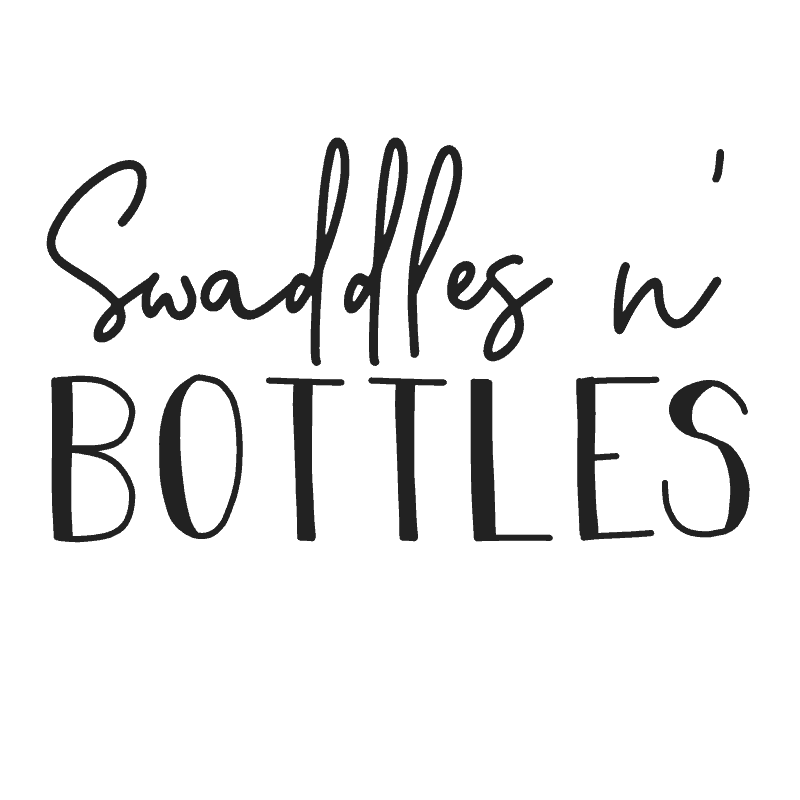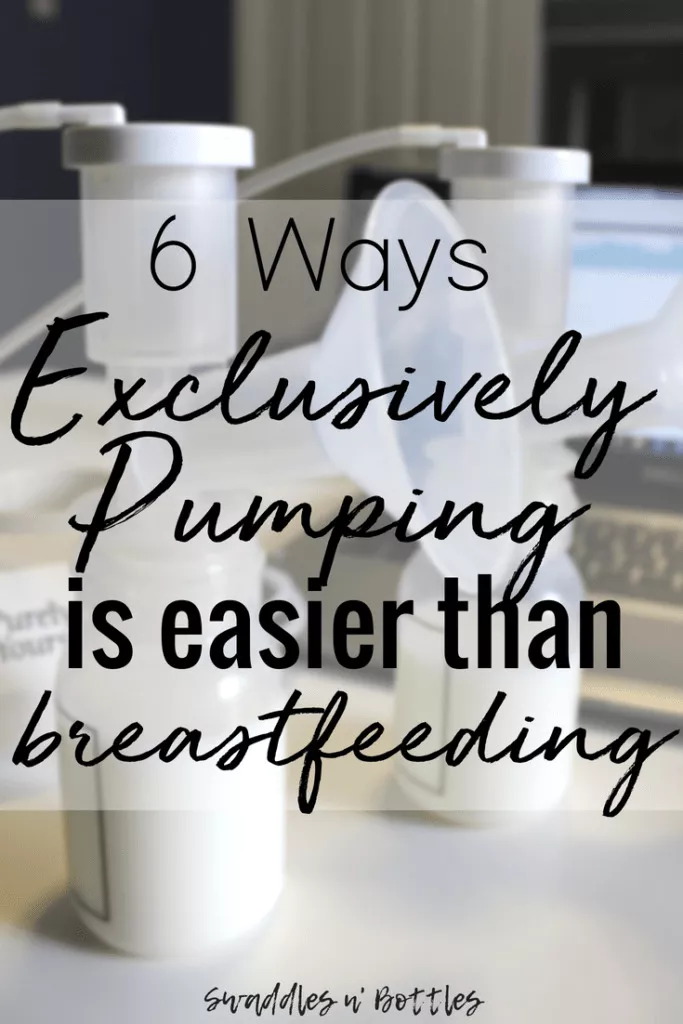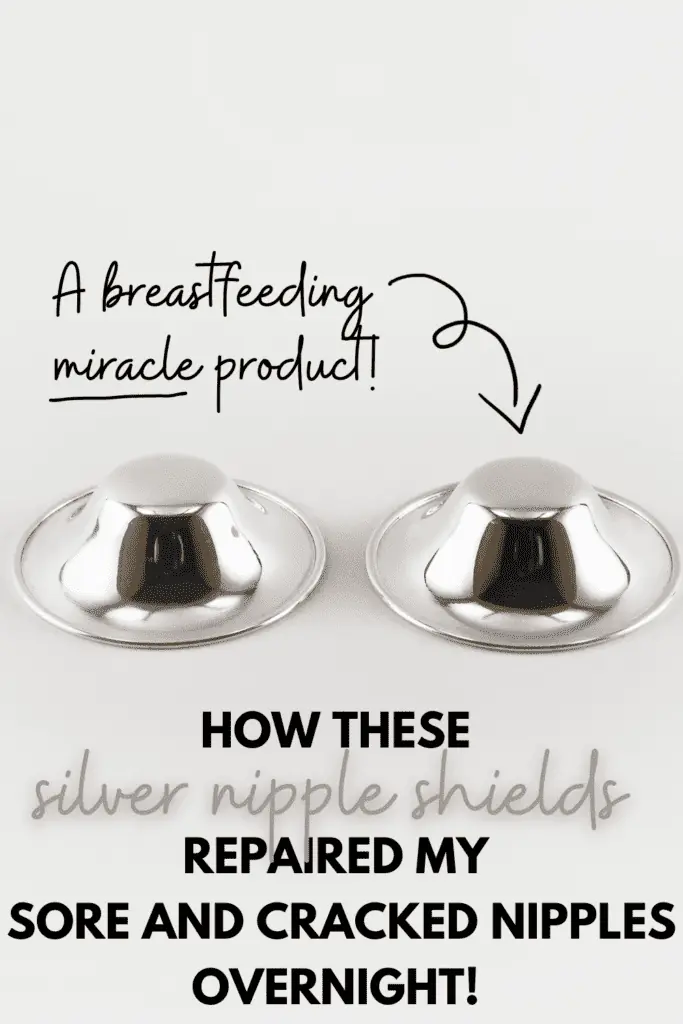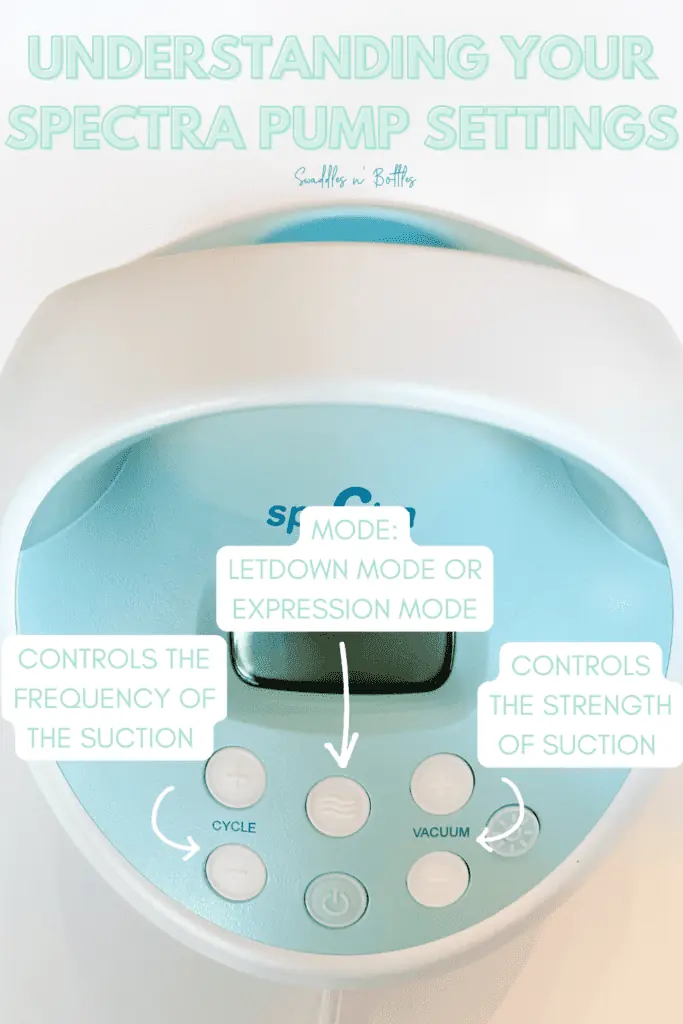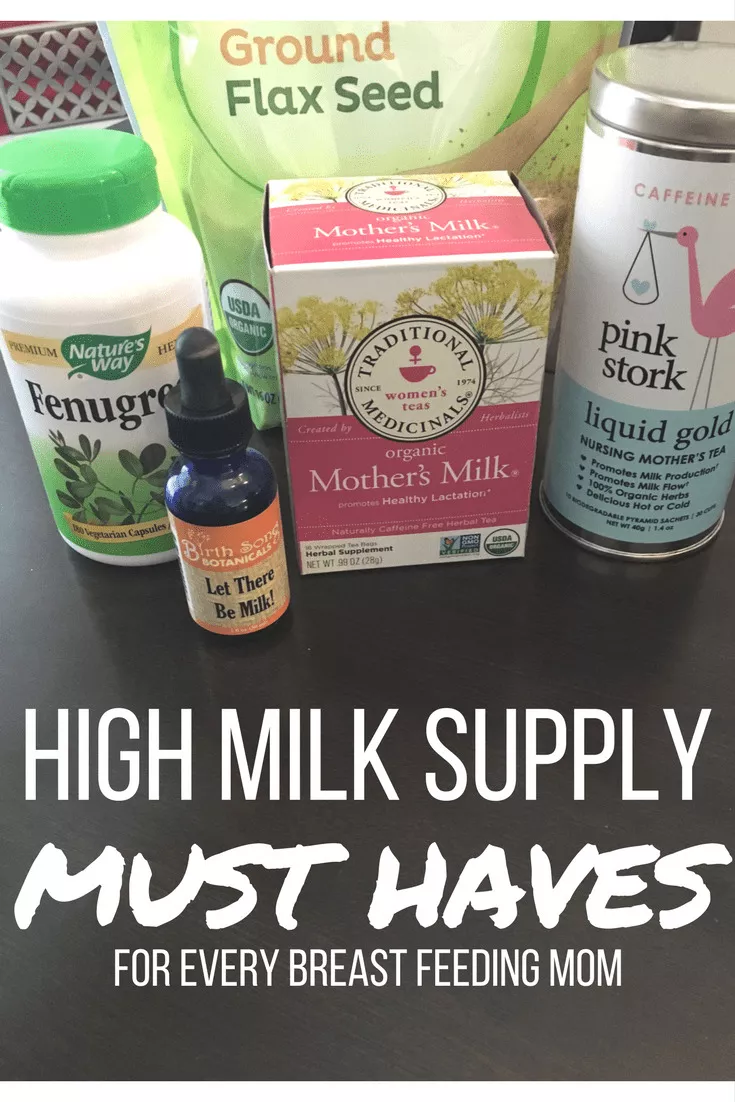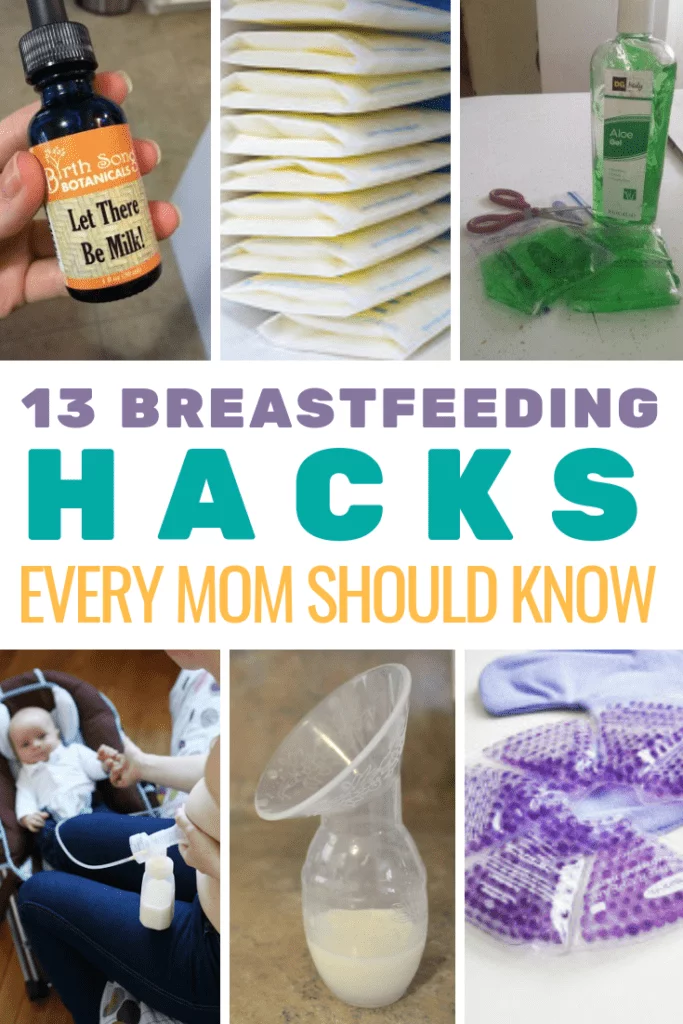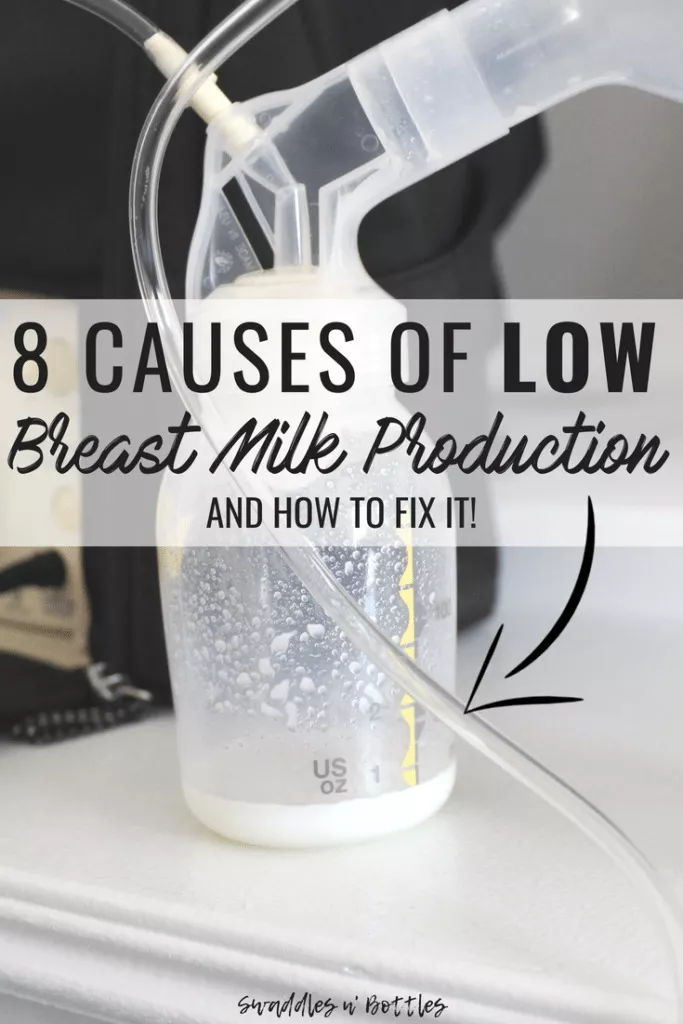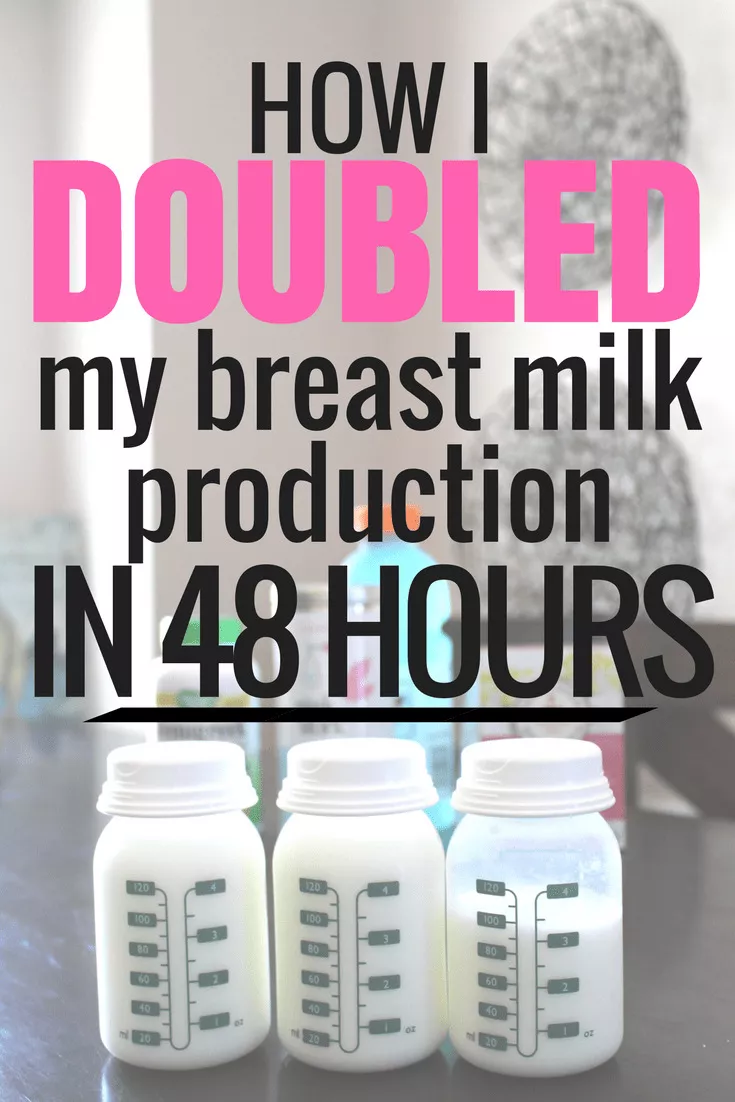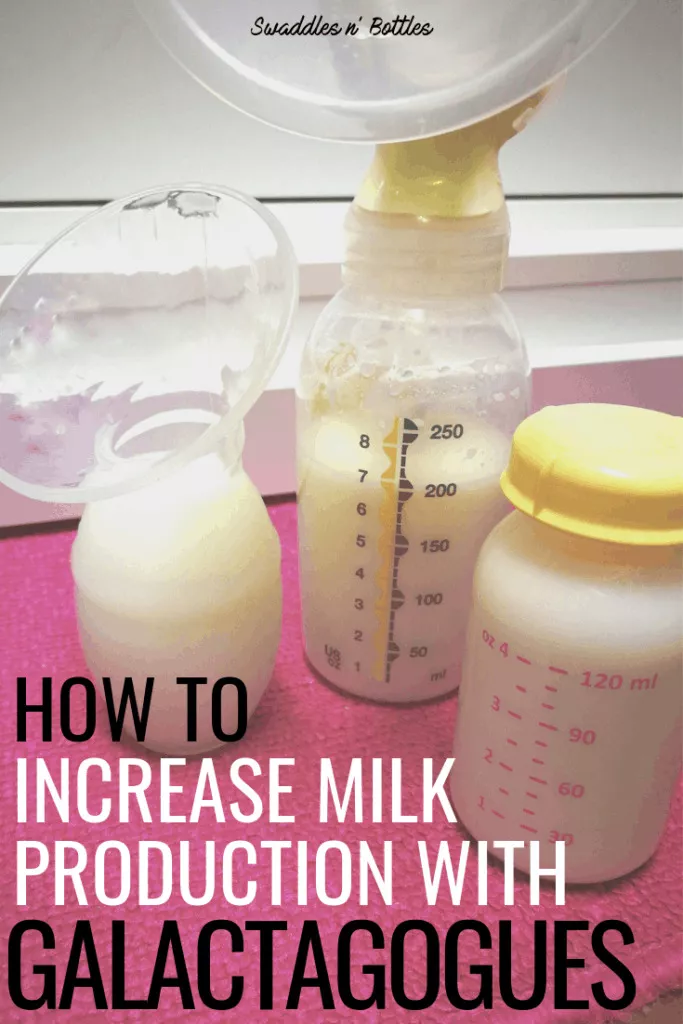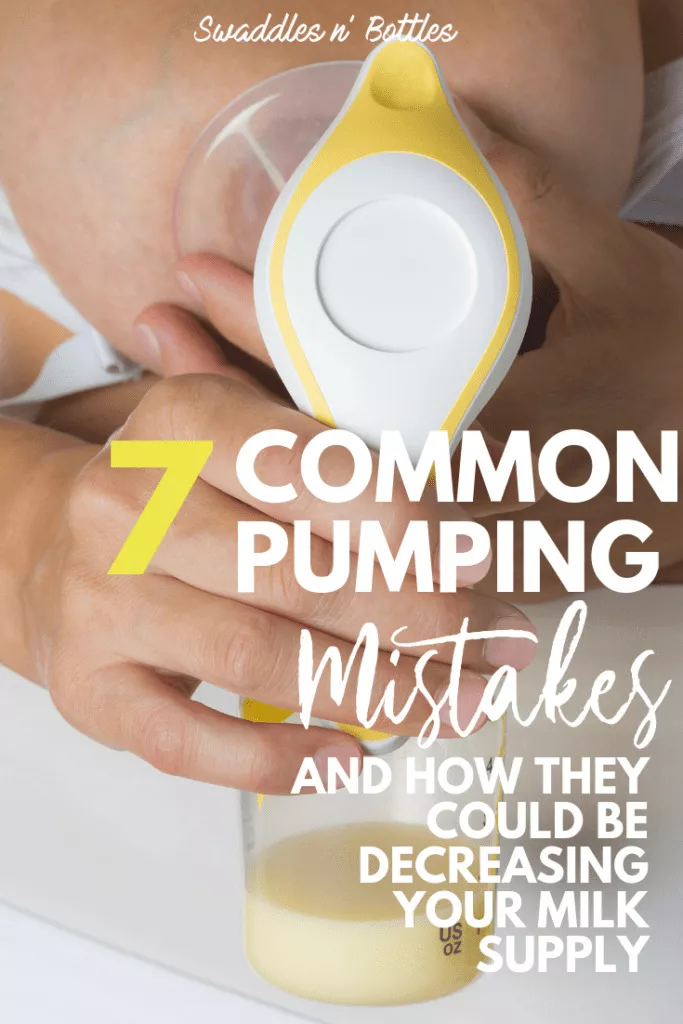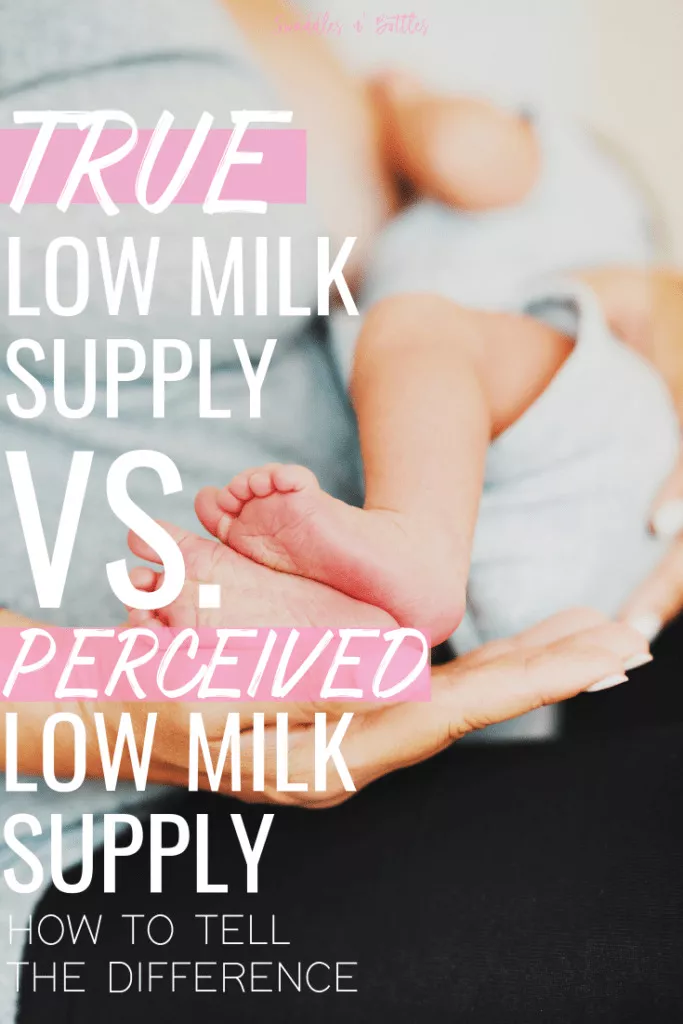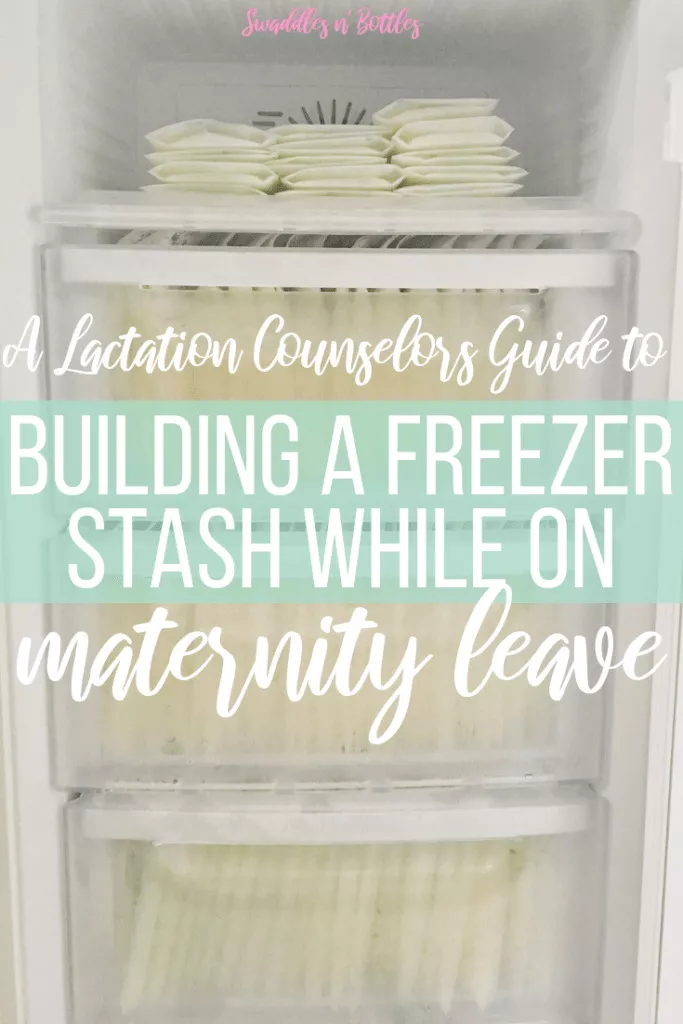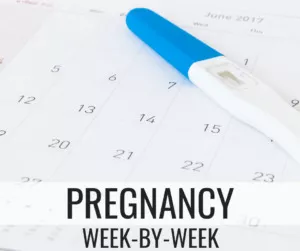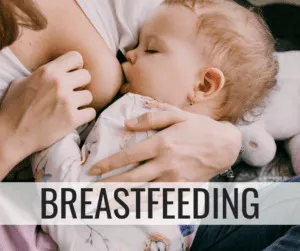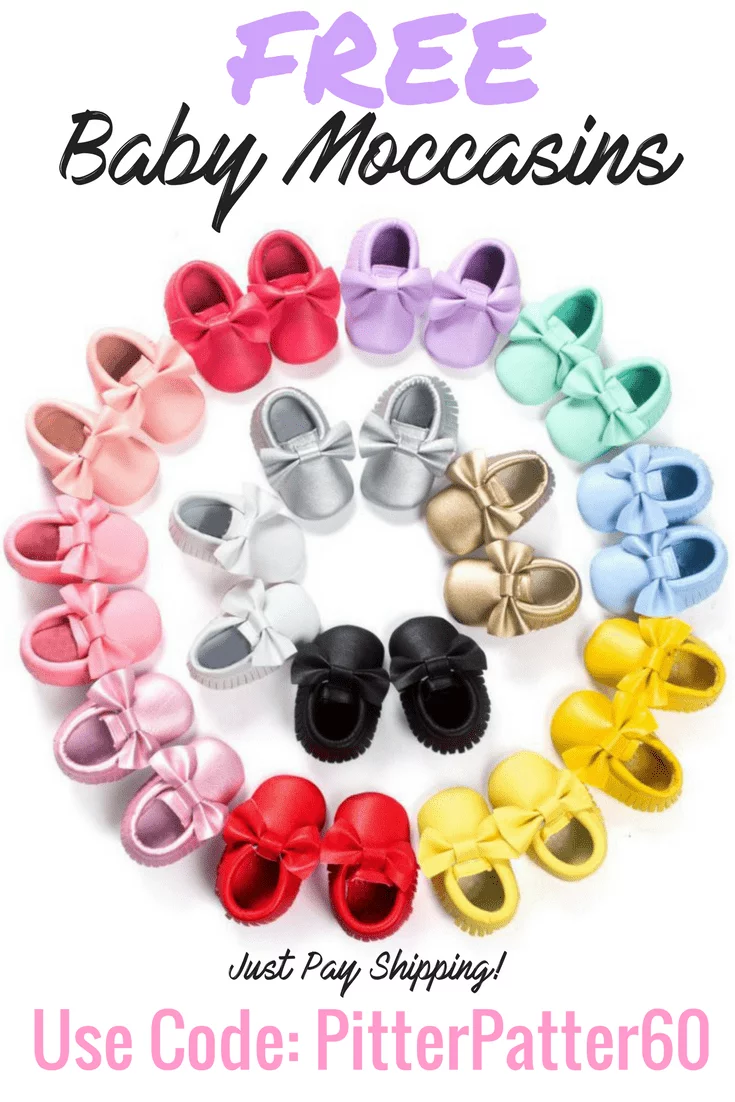In some ways, exclusive pumping can feel like the worst of both worlds – not only do you need to pump milk and deal with breast issues like clogged ducts and mastitis, like a nursing mother, but you also have to wash pump parts and bottles, like a formula-feeding mother. And you have to constantly pump breast milk while also trying to take care of your baby.
Still, there are benefits to exclusive pumping! If you find yourself exclusively pumping because your baby wouldn’t latch, had trouble transferring milk, or for another reason, here are six ways that exclusive pumping is easier than nursing.
1. You always know how much your baby is eating.
One of the things that can be frustrating for nursing mothers is when your baby nurses for an hour and then is hungry again 15 minutes later. You’re left wondering – is my supply too low? Is he not latching correctly? Or is he going through a growth spurt and just really hungry?
When you’re nursing, the only way to tell for sure how much milk your baby is getting is by weighing him before and after a feeding. This requires a special baby scale, as well as enough luck to ensure your baby doesn’t poop while you’re feeding him.
When you’re exclusively pumping, you can always see what your baby is getting. This can be really helpful if your baby was premature or if you have concerns about your baby gaining enough weight.
2. Nursing a newborn can be painful; pumping usually isn’t.
Breastfeeding can sometimes hurt during the first month or so, when you and your baby are still learning how to latch and before your nipples are used to nursing.
Pumping usually is not painful, assuming that you have the right size breast shields and are setting your pump to the correct speed. Sometimes, exclusive pumpers start pumping in order to avoid pain from nursing, though it usually does get much better after a few weeks, especially once the latch gets figured out.
3. Breast pumps don’t bite!
Having a baby without teeth clamp down on your nipple is unpleasant. A baby with a brand new tooth biting you can be very painful.
Fortunately, breast pumps don’t have any teeth! It’s not unusual for nursing mothers to become exclusive pumpers if biting becomes an issue and the usual strategies don’t seem to work.
4. You know right away when your milk supply starts to drop.
When you’re nursing, you never really know how much milk you’re making – and therefore you don’t know when your milk supply starts to drop. (For example, sometimes you get a drop in supply when you have your period). You might have a clue that something is going on if your baby still seems hungry – but even then, you don’t whether it’s him (having a growth spurt) or you (losing supply).
If you track your output, you’ll know right away that your supply is going down. Then, you can take action, like adding an extra pumping session or drinking nursing tea to bring it up quickly.
5. It’s easier to control the weaning process.
The two kids that I nursed loved nursing and had zero interest in stopping when I was ready to be done at 18 months. In both cases, I ended up going ahead and weaning due a trip I needed to take, and I felt really guilty for stopping before they were ready.
Breast pumps tend not to have the same sort of attachment to the breastfeeding relationship, so once you introduce a new milk to your baby or toddler (whether it’s formula, cow’s milk, or an alternative like almond or goat’s milk), you can get started, and you can wean at your own pace.
6. Everyone knows that you’re a pumping rock star.
Most women dislike pumping. I’ve never actually met anyone who enjoys it. So when people hear that you’re spending two hours of your day attached to a breast pump, it’s clear that you love your baby, and you’re an awesome mom. Because you are!
Meet the Author
